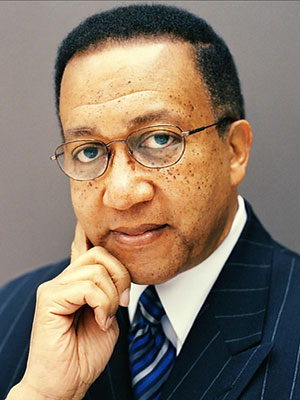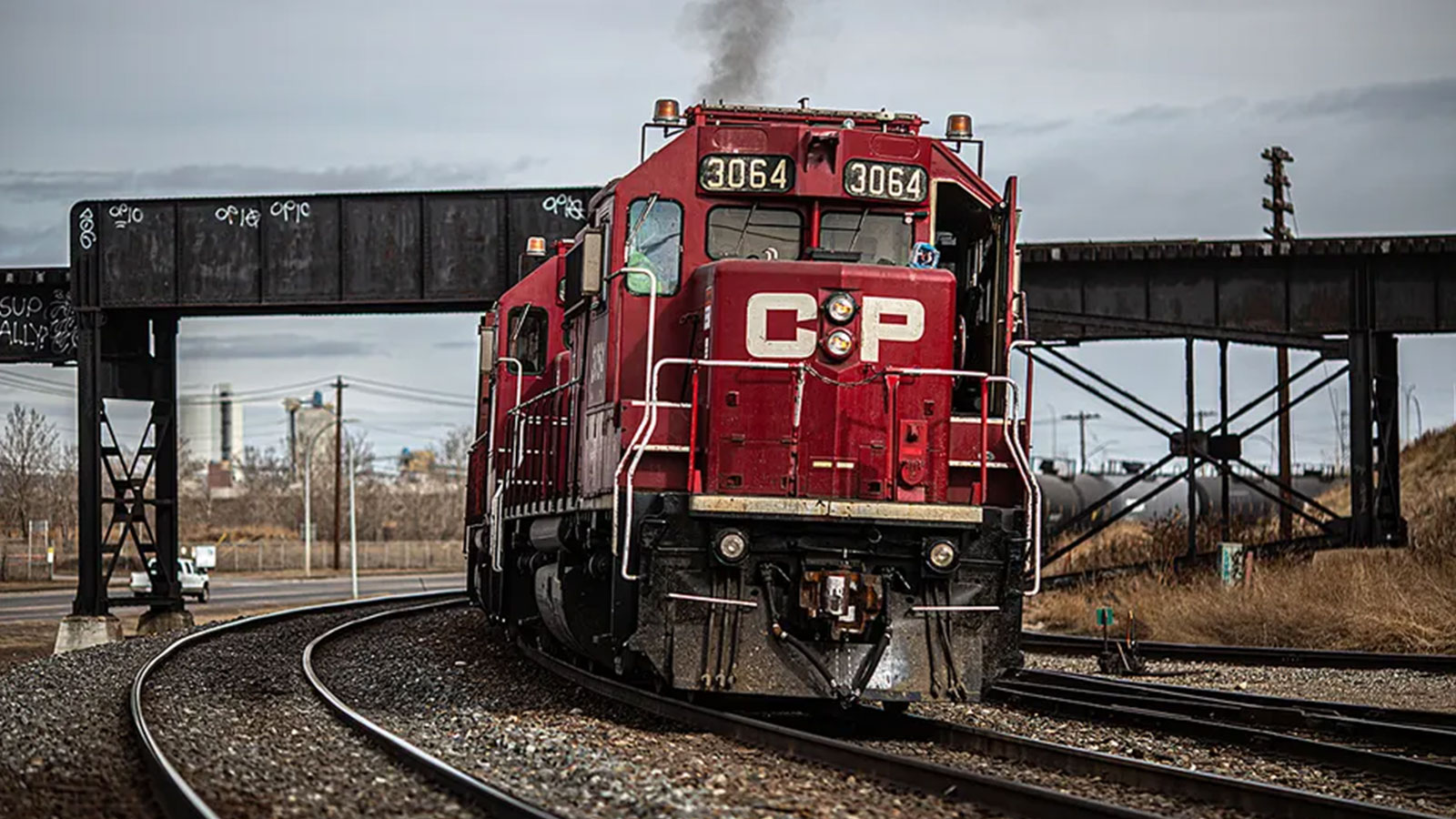Precedent-setting decision could affect similar proposals around the nation.
Now that the midterm elections have drawn to a close, the nation is gradually shifting its focus from polls and partisanship back to day-to-day issues that shape the future of our communities at a local level – things like permitting, zoning, city council meetings, regulatory hearings, and more. And while such matters don’t drive flashy national headlines and animate talking heads on CNN or Fox News, they weigh every bit as heavily on the lives of Americans.
Take for example, the ongoing review by the U.S. Surface Transportation Board of a proposed mega-merger between Canadian Pacific and Kansas City Southern railroads. While regulatory review of a rail merger may seem mundane to casual observers in comparison to a midterm election, the fact of the matter is that this merger has massive implications to communities near the rail routes impacted by the merger – especially communities of color.
In September, the Trice Edney News Wire wrote at length about the environmental justice concerns related to this proposed merger. As is so often the case, minority communities – which are disproportionately close to the relevant rail lines in places like Houston – face a host of negative environmental impacts if the merger is approved. This case sets a precedent that could affect how such reviews are handled around the nation, according to leading environmental activists.

Dr. Benjamin Chavis
“The federal government should take every opportunity to establish equity between African-Americans and those companies that do business in our communities. Specifically, the U. S. Department of Transportation should assure that equity is the guiding principle for attaining environmental and climate justice,” says Dr. Ben Chavis, who coined the term “environmental racism” nearly 40 years ago as chair of the United Church of Christ’s Commission on Racial Justice. “Before a decision is made concerning the merger between Canadian Pacific and Kansas City Southern railroads the racial impact on our communities should be given the highest priority,” says Chavis, now president/CEO of the National Newspaper Publishers Association, the Black Press of America.
With more freight trains rolling through Black communities and other communities of color, residents can expect more emissions, dirtier air, slower emergency response times due to lengthy waits at rail crossings, and more. Given the challenges already looming over Black communities, from higher rates of asthma in children to lagging access to public services, the Canadian Pacific merger represents another drop in an ever-filling bucket of environmental injustice.
The Surface Transportation Board has an important role to play in mitigating such concerns – a role they recognize. In their own words, the “STB has a clear role in advancing environmental justice for minority and low-income communities and the Board administers that role as part of its environmental review process.” Our last story on this subject pointed to the STB’s failure to live up to this mandate given, among other things, the original plan to host the only public hearings on the merger in a historically White area, Vidor, as opposed to more representative locations in Harris County or even Houston itself.
These equity concerns must be meaningfully addressed if the STB expects its words to be taken seriously.
But environmental justice isn’t the only factor weighing on this merger. There are also serious and potentially disqualifying issues with the way Canadian Pacific has conducted itself through the review process. The company has repeatedly provided stakeholders and regulators with unreliable data, seemingly intentionally misleading regulators.
On the data front, the STB instructed Canadian Pacific and Kansas City Southern to address “inconsistency in the calculation of traffic density numbers” submitted to the STB’s Office of Environmental Analysis.” In another instance of less-than-transparent messaging, Canadian Pacific also used a video in an attempt to demonstrate the efficiency of trains moving through Houston. The problem was the fact that the video presented an intentionally incomplete picture, as noted by rival railroad Union Pacific, which showed “only a sliver of the KCS train’s run through the Houston area.”
In reality, the video Canadian Pacific claimed to show a relatively smooth 74-minute transit through Houston left out two hours of delay at Dawes, Texas and another two hours waiting near Rosenberg, Texas while Union Pacific served existing customers. So instead of the 74 minutes Canadian Pacific claimed it took to get across the city, the truth is that it took nearly 8 hours for the train to cross the city.
That’s a lot of idling. A lot of waiting. And a lot of traffic.
Delays in Houston are far from the only traffic concerns. Metra, Chicago’s regional passenger rail provider, is opposed to the merger due to the fact that it would lead to “a big increase in freight train traffic throughout the northwest suburbs and all that extra traffic could disrupt their service and cause extensive delays.”
The best one can say about the merger proposal, at this point, is that it is woefully incomplete. A more accurate take, though, is that the proposal is lacking because the facts simply don’t warrant its approval.
Policymakers who have looked at the merger have raised concerns. It was enough for U.S. Senator Dick Durbin of Illinois to state that he doesn’t “believe what they [Canadian Pacific] produced is accurate and it’s certainly not complete.”
There’s no shortage of reasons to hope that the STB will reject this application, especially given all of the contradicting and misleading estimates of the merger’s impact. And while the talking heads on CNN may not stay up all night talking about exit polls as this decision is awaited, the stakes are just as high for a significant number of communities facing the merger on the ground.
Source: TriceEdneyWire.com















